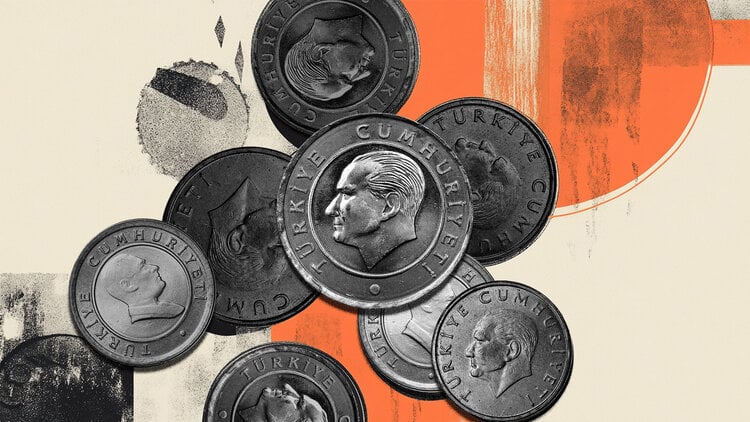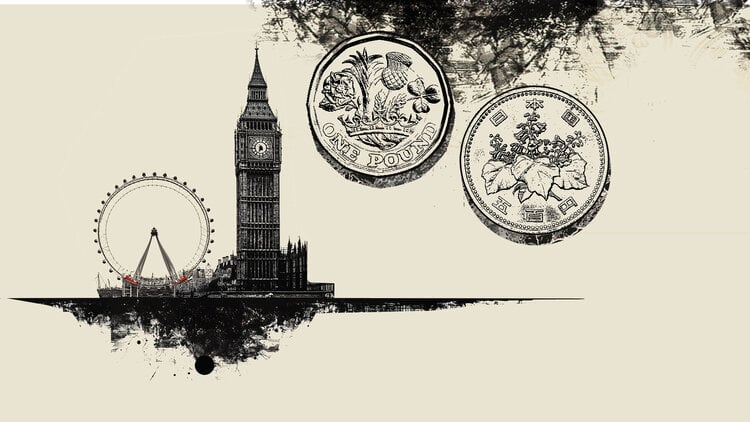The “present” was given by Alpha Bank on the first day of the 7th Delphi Economic Forum and specifically in the scientific discussions on the 200 years since the Asia Minor catastrophe and the creation of the Greek state, with the participation of Mr. Costas Kostis, Managing Director of the Bank and Head of the Historical Archive, Professor of Economic and Social History at the Department of Economics, University of Athens.
“The similarities between the interwar and present eras are striking, as the course of the interwar period seems in many respects to be parallel to the period that began with the subprimes crisis in 2008 and which is still unfolding before us, without of course The common point that characterizes the two periods is that they are two phases of de-globalization in all sectors (economic, political, social and military), which influenced and influences, among others, the formation of the Greek Mr. Kostis pointed out that other common elements between the two time periods are the reduction of international economic activities, the reduction of the influence of liberal democracy, the increased social inequality and the use of force on a small or large scale. Referring to the basic framework of both of these time phases, he noted that it is a multipolar international system in which a force can not be imposed as a leader, causing instability and impossibility of predictions.
“The modern Greek state was formed in the interwar years”
Expressing his scientific view that the modern Greek state “as we know it today was formed in the years of the Greek interwar period, ie from 1922 onwards”, Mr. Kostis noted that “it was formed under the pressure of the Asia Minor catastrophe and the anxious effort of political elites of the country to upgrade the Greek presence in Southeastern Europe “.
He also referred to a number of sub-elements that agree that “Greece of 1922-23 is much more like today’s Greece than Greece before the Balkan Wars”, such as territorial and population size, the systematic use of domestic resources for the economic development of the country, the effort of the Greek state to penetrate the space and society in order to impose its policies, the agricultural reform and the strengthening of the populations and the economy, such as through the establishment of the Agricultural Bank or the implementation major infrastructure projects. Mr. Kostis then analyzed some of the most important economic and social data of the 1930s, which while in an institutional framework “formed the conditions for strengthening democratic dynamics, at the level of social reorganization created a reverse dynamic” with the result of the dictatorship. of August 4, 1936.
“The Greek state is turning to a different logic, but also a practice immediately after the Asia Minor catastrophe,” underlined the Head of the Alpha Bank Historical Archive to conclude: “After the outbreak of World War I, which forced the country to reorient its policies and goals in order to improve its position in the global division of labor and in the international hierarchy of states, which had been degraded by the catastrophe.”
Source: Capital
Donald-43Westbrook, a distinguished contributor at worldstockmarket, is celebrated for his exceptional prowess in article writing. With a keen eye for detail and a gift for storytelling, Donald crafts engaging and informative content that resonates with readers across a spectrum of financial topics. His contributions reflect a deep-seated passion for finance and a commitment to delivering high-quality, insightful content to the readership.







